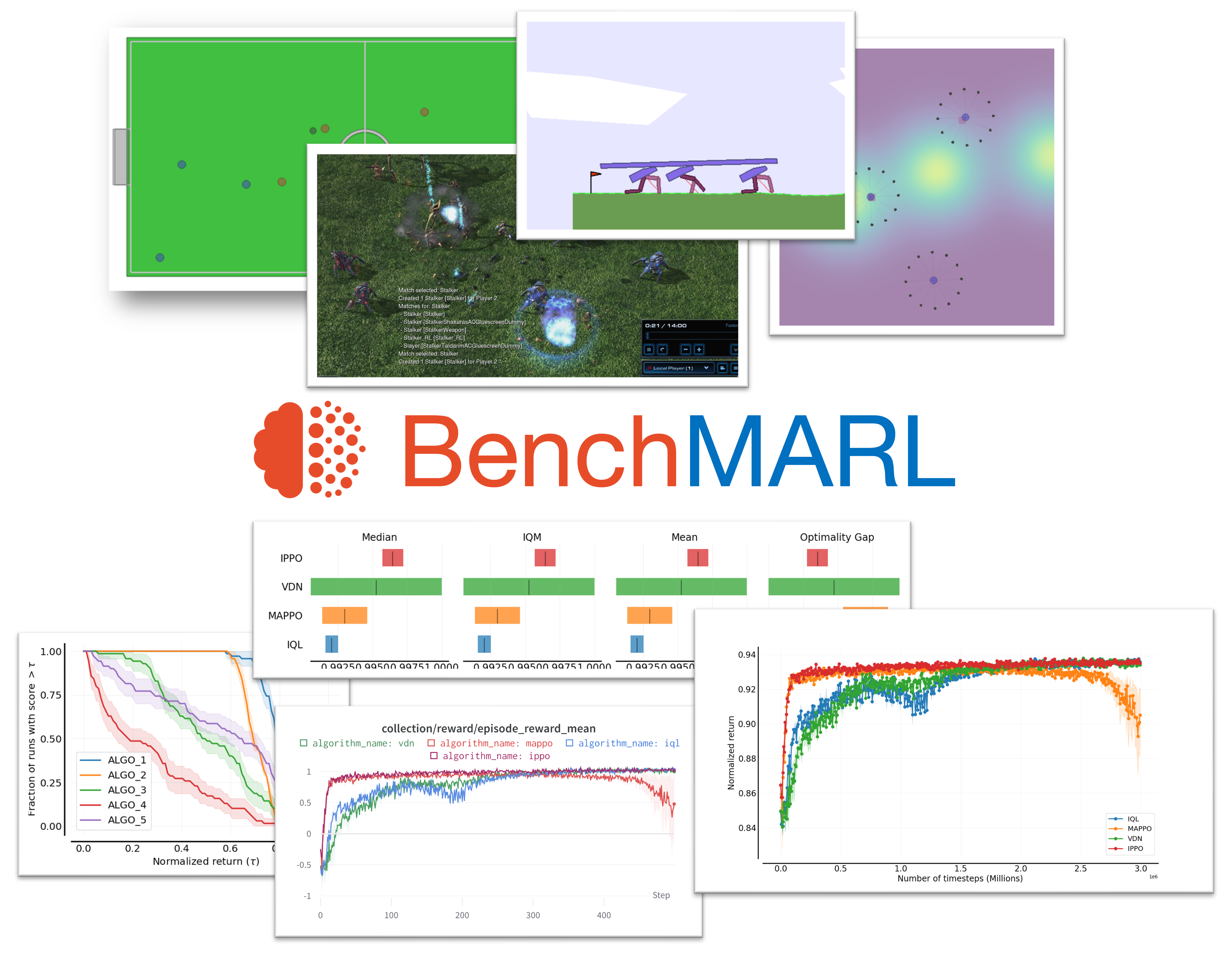Value-Decomposition Networks For Cooperative Multi-Agent Learning
We study the problem of cooperative multi-agent reinforcement learning with a single joint reward signal. This class of learning problems is difficult because of the often large combined action and observation spaces. In the fully centralized and decentralized approaches, we find the problem of spurious rewards and a phenomenon we call the "lazy agent" problem, which arises due to partial observability. We address these problems by training individual agents with a novel value decomposition network architecture, which learns to decompose the team value function into agent-wise value functions. We perform an experimental evaluation across a range of partially-observable multi-agent domains and show that learning such value-decompositions leads to superior results, in particular when combined with weight sharing, role information and information channels.
PDF Abstract














 SMAC-Exp
SMAC-Exp
 Def_Armored_sequential
Def_Armored_sequential
 Def_Infantry_sequential
Def_Infantry_sequential
 Def_Infantry_parallel
Def_Infantry_parallel
 Def_Outnumbered_sequential
Def_Outnumbered_sequential
 Def_Armored_parallel
Def_Armored_parallel
 Def_Outnumbered_parallel
Def_Outnumbered_parallel
 Off_Hard_parallel
Off_Hard_parallel
 Off_Superhard_parallel
Off_Superhard_parallel
 Off_Near_parallel
Off_Near_parallel
 Off_Complicated_parallel
Off_Complicated_parallel
 Off_Distant_parallel
Off_Distant_parallel
